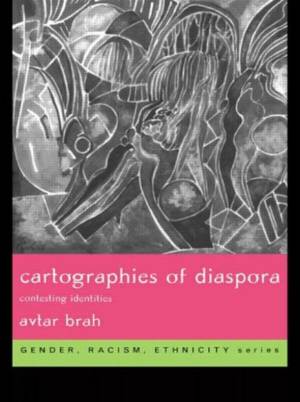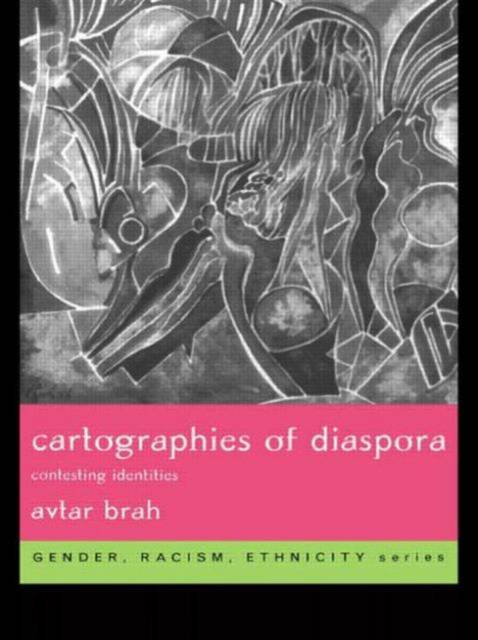
- Afhalen na 1 uur in een winkel met voorraad
- Gratis thuislevering in België vanaf € 30
- Ruim aanbod met 7 miljoen producten
- Afhalen na 1 uur in een winkel met voorraad
- Gratis thuislevering in België vanaf € 30
- Ruim aanbod met 7 miljoen producten
Omschrijving
By addressing questions of culture, identity and politics, Cartographies of Diaspora throws new light on discussions about `difference' and `diversity', informed by feminism and post-structuralism. It examines these themes by exploring the intersections of `race', gender, class, sexuality, ethnicity, generation and nationalism in different discourses, practices and political contexts.
The first three chapters map the emergence of `Asian' as a racialized category in post-war British popular and political discourse and state practices. It documents Asian cultural and political responses paying particular attention to the role of gender and generation. The remaining six chapters analyse the debate on `difference', `diversity' and `diaspora' across different sites, but mainly within feminism, anti-racism, and post-structuralism.
Specificaties
Betrokkenen
- Auteur(s):
- Uitgeverij:
Inhoud
- Aantal bladzijden:
- 292
- Taal:
- Engels
- Reeks:
Eigenschappen
- Productcode (EAN):
- 9780415121262
- Verschijningsdatum:
- 26/09/1996
- Uitvoering:
- Paperback
- Formaat:
- Trade paperback (VS)
- Afmetingen:
- 136 mm x 220 mm
- Gewicht:
- 371 g

Alleen bij Standaard Boekhandel
Beoordelingen
We publiceren alleen reviews die voldoen aan de voorwaarden voor reviews. Bekijk onze voorwaarden voor reviews.











